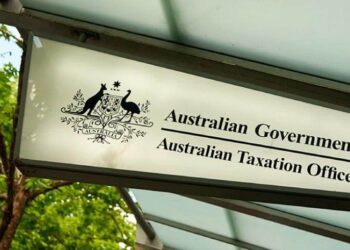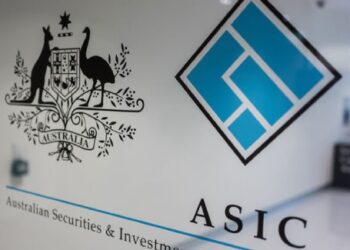With International Women’s Day approaching next week, Fidelity has found less than half of women feel confident in their ability to make superannuation contributions.
In a financial independence survey of over 2,000 people, the firm found 47% of women were confident in their ability to make super contributions compared to 63% of men.
Women were also less likely to be contributing to their super and one in three women said they lacked a plan for retirement.
Some 55% of women said they were contributing nothing to their superannuation in a personal capacity while 15% said they were personally contributing 1%-4% of their income.
The firm found men expected they would need more than $1 million in assets in retirement while women expected they would need around $600,000.
More than half of pre-retiree women said financial stress had impacted their health compared to two in five men.
Alva Devoy, managing director of Fidelity International, said: “We are already seeing the potential impact of a lack of financial independence and confidence with women over 55 now the fastest-growing group to experience homelessness in Australia.
“Another Fidelity survey of older Australians shows women continue to less engaged with their finances with only 10% of pre-retiree women saying they feel in control of their finances compared to 25% of men.
“Not only does this leave them at risk in the future, it also has significant impact on their overall wellbeing including both mental and physical health.”




